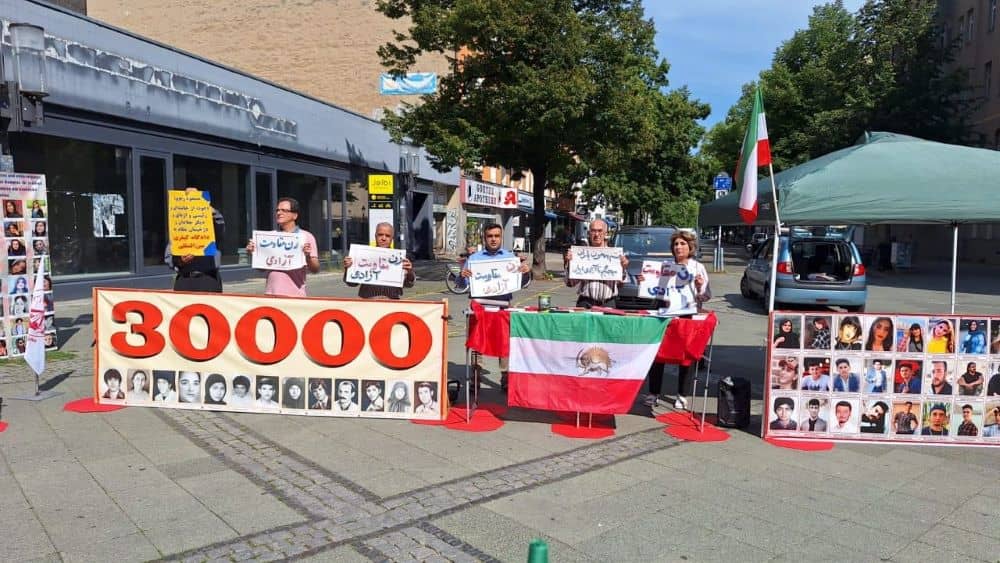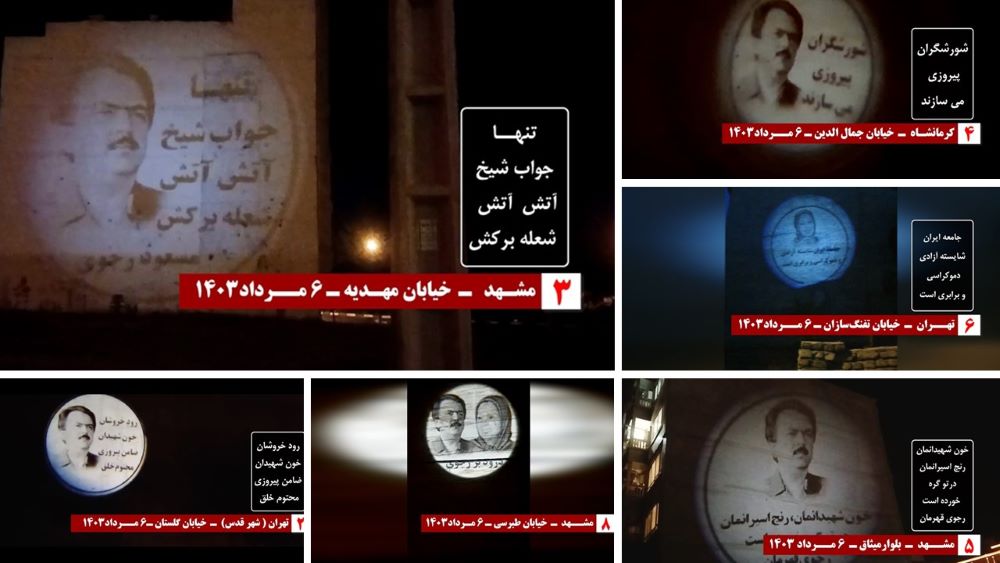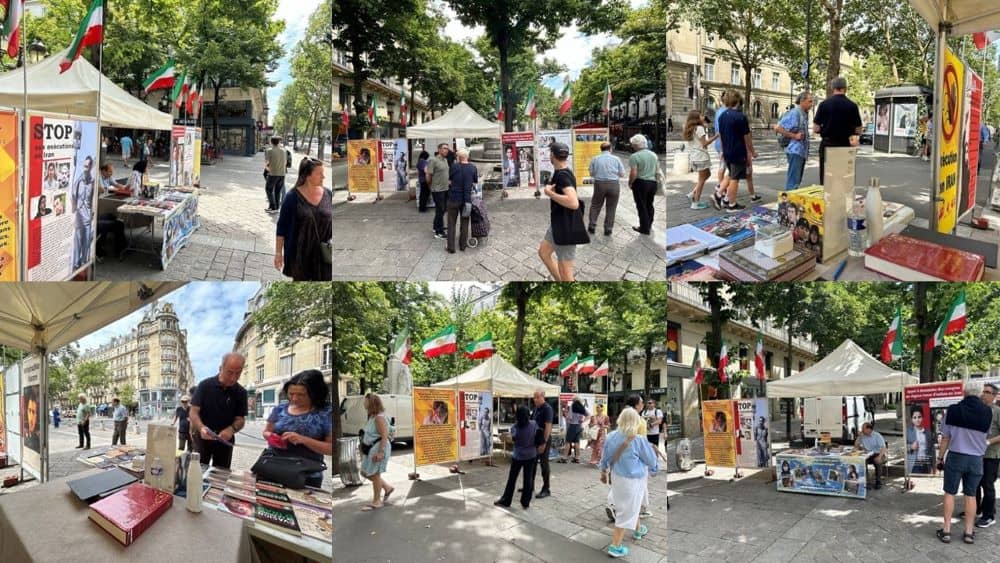On Friday, August 27, 2021, the National Council of Resistance of Iran (NCRI) hosted a virtual conference to discuss the Iranian regime’s massacre of 30,000 political prisoners during the summer of 1988.
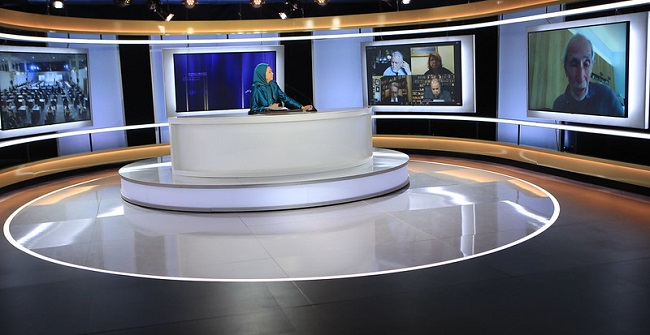
Several participants in the conference emphasized that over 90 percent of the victims were reportedly members and supporters of the People’s Mojahedin Organization of Iran (PMOI/MEK), which today stands at the head of the NCRI coalition.
Mrs. Maryam Rajavi, president-elect of the National Council of Resistance of Iran (NCRI) noted in her speech at the conference that the massacre emanated from an “explicit decree” by the regime’s founder “to execute all the Mojahedin who remained steadfast.”
Mrs. Rajavi went on to say, however, that the regime’s goal “goes far beyond the execution of several thousand. It is the obliteration of a generation, an ideology, and men and women who rejected religious extremism under the guise of Islam and stood up for human freedom and dignity.”
The PMOI has long been considered the leading voice for democratic government in Iran. Toward that end, the organization also promotes a moderate and democratic interpretation of Islam which is deeply at odds with the mullahs’ theocracy but is inherently compatible with the unifying principles of Western societies.
Unsurprisingly, the Iranian regime’s officials consider that interpretation illegitimate, to the extent that leading clerics have declared the PMOI and other democratic entities guilty of apostasy and “enmity against God.” In fact, in the fatwa underlying the 1988 massacre, then-Supreme Leader Ruhollah Khomeini referred to the PMOI directly and stated that they “do not believe in Islam and their statements are rooted in deception and hypocrisy.” For this reason and because of alleged ties to the regime’s “enemies” in the region and in the Western world, the fatwa decreed that “those who are in prison throughout the country and remain steadfast in their support for the [PMOI] are waging war on God and are condemned to execution.”
The regime officials have continued defending and justifying the resulting massacre for more than 30 years, sometimes referring to the execution of PMOI members as in instance of obeying “God’s command.” In recent years, that sentiment was even expressed by Ebrahim Raisi who would go on, just last month, to become the new president of the mullahs’ regime. Having served as deputy prosecutor for Tehran just prior to the massacre, Raisi became one of four officials who comprised the nation’s first “death commission” and thus oversaw the entire process of mass executions.
Immediately following the sham election that brought Raisi to power in June, Amnesty International Secretary General Agnès Calamard said in a statement that that outcome was a “grim reminder that impunity reigns supreme in Iran.” She also lamented that Raisi’s ascension to the presidency took place in lieu of him being “investigated for the crimes against humanity of murder, enforced disappearance and torture.” Friday’s conference established that another charge could be added to this list for Raisi as well as for other known participants in the 1988 massacre, namely the charge of genocide.
On the inauguration day of #Iran President #Raisi lets remember the 1000s victims of the 1988 repression, disappeared and extrajudicially executed and recall President Raisi role https://t.co/fdSApp942U
— Agnes Callamard (@AgnesCallamard) August 5, 2021
Mrs. Rajavi’s speech placed the killings in a larger context which highlighted the genocidal impulse behind them. Several other participants in the Friday conference expanded upon that notion, including legal scholars and experts in international human rights issues. They pointed to the 1948 Genocide Convention in order to make the case that that the 1988 massacre meets the criteria to be labeled as genocide because it was motivated by the desire to destroy an entire category of religious faith.
Geoffrey Robertson, a human rights barrister from the United Kingdom, also noted that the Genocide Convention establishes an obligation for all governments that have ratified it. He specifically highlighted the fact that the US ratified the document in 1988, and that even Iran did so under the government of the Shah, thereby complicating the inevitable complaints Tehran would levy against its foreign adversaries if one or more Iranian officials were made to face legal accountability for their role in the massacre.
Eric David, a Belgian scholar of international law, emphasized that any nation in good standing with the international community may lawfully pursue that accountability under the principle of universal jurisdiction. In 2019, Sweden utilized that principle to arrest Hamid Noury, a former Iranian prison official, during a visit to the country. Noury is currently standing trial in Stockholm on the charges of war crimes and mass murder, stemming from his own role in the 1988 massacre. If convicted, he will be the first person to face real consequences for Iran’s greater crime against humanity. But hopefully that case will set an example which helps to guarantee that he is not the last.
Other figures, including Iran’s current president, are known to have played a much more prominent role in the killings, meaning they potentially have the blood of all 30,000 victims on their hands. Entities like the NCRI and Amnesty International have worked to bring attention to this fact for many years, and yet the conference still lamented the fact that Western policymakers have largely turned a blind eye to the incident and have even legitimized those perpetrators who remain part of the Iranian regime.
This was certainly the case on August 5 when Ebrahim Raisi was inaugurated in a ceremony attended by a number of foreign delegations, including one from the European Union. The US, of course, has offered the Iranian regime scant international legitimacy since halting diplomatic relations during the 1979 hostage crisis. But this is not to say that Washington has never abetted European strategies that amount to appeasement. The US has certainly not taken many proactive steps to hold Iranian officials accountable for their past crimes, and unfortunately there is no immediate sign of it doing so with respect to Raisi.
On the other hand, various American policymakers and legal experts have been in attendance at NCRI conferences like the one held on August 27, often to signal longstanding support for the coalition and a long history of contributing to its Call-for-Justice movement regarding the 1988 massacre. These individuals will no doubt continue to push for the US government to label the massacre as genocide and as a crime against humanity, and to either spearhead an international investigation or undertake one on its own based on universal jurisdiction.
Furthermore, in the wake of the conference, Western politicians without much preexisting expertise in international law will now be able to apply newfound insights to their efforts at convincing their own governments that actions must be taken to hold Raisi and his co-conspirators accountable. This needs to happen quickly, before his occupancy of the nation’s second-highest office reinforces the mullahs’ regime’s impunity and emboldens the Raisi administration to oversee further crackdowns on dissent which might even begin to approach the severity of the 1988 massacre, arguably the worst crime against humanity to go entirely unpunished in the past several decades.

